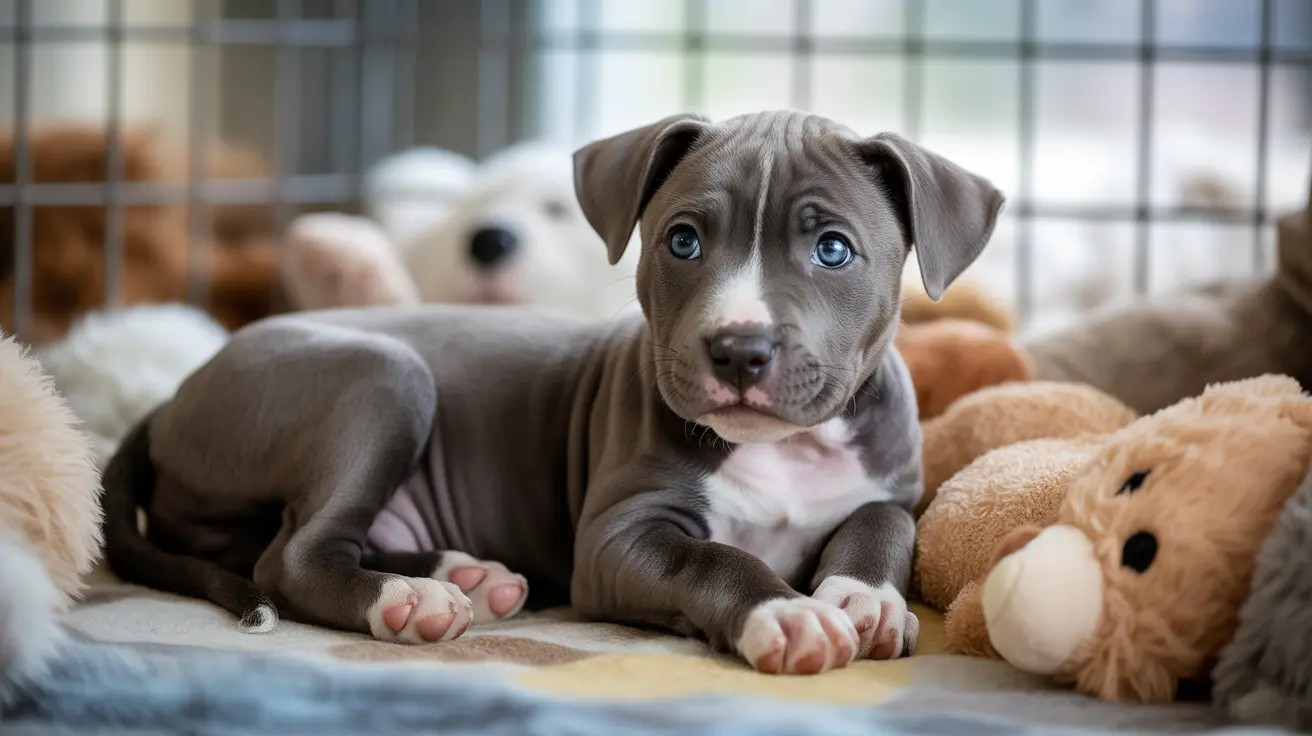The Unique Allure of Black Cats: Myths, Facts, and More
Black cats have long fascinated humans, both for their striking appearance and the myths that surround them across cultures. With their deep black fur, golden eyes, and mysterious aura, these felines are more than just pets—they're icons of folklore, science, and superstition. But what really makes black cats special?
Genetics: Why Are Black Cats Black?
Most black cats are the way they are because of a dominant gene that produces eumelanin, the pigment responsible for black fur. In fact, the high amount of melanin also gives many black cats their signature golden, copper, or yellow eyes.
- A single black gene can express the dark coat.
- Some black cats show faint tabby markings under certain lighting.
- If the roots of fur are white, these cats are termed "black smoke".
Interestingly, black cats can experience a phenomenon known as “rusting,” where their coat fades to reddish-brown shades. This is often due to sunlight exposure or a deficiency of tyrosine, an amino acid essential for eumelanin production.
The Bombay Cat: The Only All-Black Breed
While 22 breeds can include solid black in their range of accepted coat colors, the Bombay cat is the only one that is exclusively black. Developed in the 1950s by crossing the Burmese with the American Shorthair, Bombay cats are sleek, muscular, and entirely black—even their noses and paw pads.
Black Cats in Culture and Folklore
Black cats hold various symbolic meanings across cultures:
- In Japan, they bring luck and are thought to attract love for single women.
- Scottish folklore sees a black cat's arrival as a sign of coming wealth.
- German interpretations vary by cat movement: right-to-left is good, left-to-right is bad luck.
- In most of Asia, black cats are believed to ward off evil spirits.
The dark narrative of black cats as witches' companions emerged in medieval Europe, where they were often feared and even persecuted. This legacy survives subtly in their association with Halloween and themes of mystery in Western culture.
The Seafaring Legends
At sea, black cats were cherished for very different reasons. Sailors believed they imparted fortune and protection during voyaging. British families of sailors would also keep black cats at home for safety and good luck.
Health Perks of Being Black
Research suggests that the genes which cause a black coat may also offer increased resistance to certain diseases. Black cats have been subjects in medical studies concerning immunity, including conditions related to immunodeficiency viruses similar to HIV.
Adoption Myths and Realities
It's often believed that black cats are harder to adopt, a phenomenon sometimes called "black cat syndrome". While data can be mixed, some shelters report longer waiting periods for black cats, possibly due to outdated superstitions or less eye-catching online photos. In response:
- National Black Cat Appreciation Day is recognized on August 17 in the U.S.
- Black Cat Day in the U.K. falls on October 27.
- These days aim to promote black cat adoptions and dissolve negative myths.
Famous Black Cats in Pop Culture
From literature to television, black cats have made their mark:
- Bagheera – the wise black panther in The Jungle Book.
- Luna – the magical cat guardian in Sailor Moon.
- Salem – the sarcastic feline in Sabrina the Teenage Witch.
- Thackery Binx – a bewitched boy turned black cat in Hocus Pocus.
- India – George W. Bush’s family cat.
- Oscar (a.k.a. Unsinkable Sam) – famous for surviving multiple WWII shipwrecks.
Hidden Patterns and Appearance
Black fur isn’t always what it seems at first glance. Some cats show:
- Tabby patterns under bright lights.
- White patches on the chest, paws, or belly.
- Different eye colors beyond gold, including blue or green.
Hair length also varies depending on breed—black cats can be short-haired, long-haired, or even appear in hairless breeds like the Sphynx.
Why Black Cats Deserve Our Love
Despite outdated myths, black cats are affectionate, intelligent, and stunning companions. Their high melanin levels, possible health advantages, and significant symbolism make them more than just their coat color. Whether you see them as magical beings or simply beautiful pets, one thing is clear: black cats are genuinely special.





